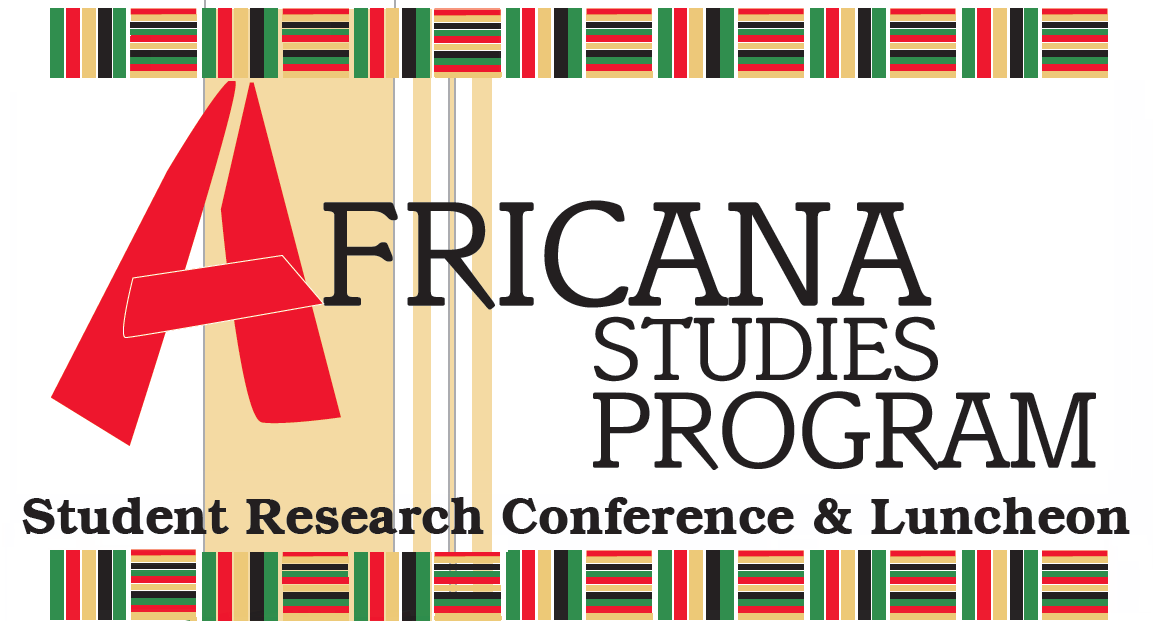Degree Program
Graduate
Major
French/History
Abstract
Germaine Tillion's Colonial Writing: Complicity and Resistance
Abstract Submitted by: Elizabeth Adamo
M.A. Candidate, French and History, 2015
During the Algerian War, many intellectuals in France and Algeria voiced their opinions on the infamous “Algerian Question.” Rejected by both the Right and the Left in France, Germaine’s political and moral views evoked many emotions because of the parallels she drew between her experience in a Nazi concentration camp and the treatment of Muslim Algerians during this polarizing war. Although this theme has been explored in depth by other scholars, none have yet enquired into her complicity and strategies of resistance to colonial ideology, even though she was one of a few French intellectuals who endorsed the continued union of France and Algeria. As a result of her six years of fieldwork as an ethnographer in the years before the Second World War, Tillion was in the unique position to serve on Jacques Soustelle’s cabinet in the colonial government of Algeria and write on the subject of how to solve the Algerian conflict. Through the use of a gender studies approach and post-colonial theory, as well as narratology, this study explores the question of her complicity and resistance to colonial ideology in her writings on Algeria, L’Afrique bascule vers l’avenir and Complimentary Enemies. Edward Said’s notion of strategic location, articulated in Orientalism, will be employed in particular, as well as Gérard Genette’s concept of narratology, in order to demonstrate her oscillation between the poles of complicity and resistance, and to examine which is more dominant in her writing on the “Algerian Question.”
Keywords: France, Algerian War, post colonialism, intellectual history
Start Date
13-2-2015 10:40 AM
End Date
13-2-2015 11:50 AM
Included in
Germaine Tillion's Colonial Writing: Complicity and Resistance
Germaine Tillion's Colonial Writing: Complicity and Resistance
Abstract Submitted by: Elizabeth Adamo
M.A. Candidate, French and History, 2015
During the Algerian War, many intellectuals in France and Algeria voiced their opinions on the infamous “Algerian Question.” Rejected by both the Right and the Left in France, Germaine’s political and moral views evoked many emotions because of the parallels she drew between her experience in a Nazi concentration camp and the treatment of Muslim Algerians during this polarizing war. Although this theme has been explored in depth by other scholars, none have yet enquired into her complicity and strategies of resistance to colonial ideology, even though she was one of a few French intellectuals who endorsed the continued union of France and Algeria. As a result of her six years of fieldwork as an ethnographer in the years before the Second World War, Tillion was in the unique position to serve on Jacques Soustelle’s cabinet in the colonial government of Algeria and write on the subject of how to solve the Algerian conflict. Through the use of a gender studies approach and post-colonial theory, as well as narratology, this study explores the question of her complicity and resistance to colonial ideology in her writings on Algeria, L’Afrique bascule vers l’avenir and Complimentary Enemies. Edward Said’s notion of strategic location, articulated in Orientalism, will be employed in particular, as well as Gérard Genette’s concept of narratology, in order to demonstrate her oscillation between the poles of complicity and resistance, and to examine which is more dominant in her writing on the “Algerian Question.”
Keywords: France, Algerian War, post colonialism, intellectual history


